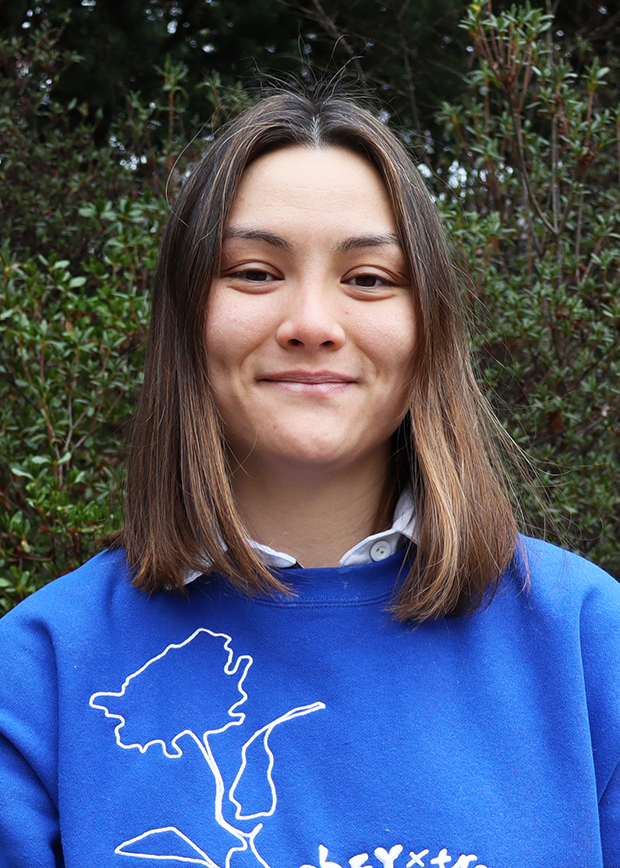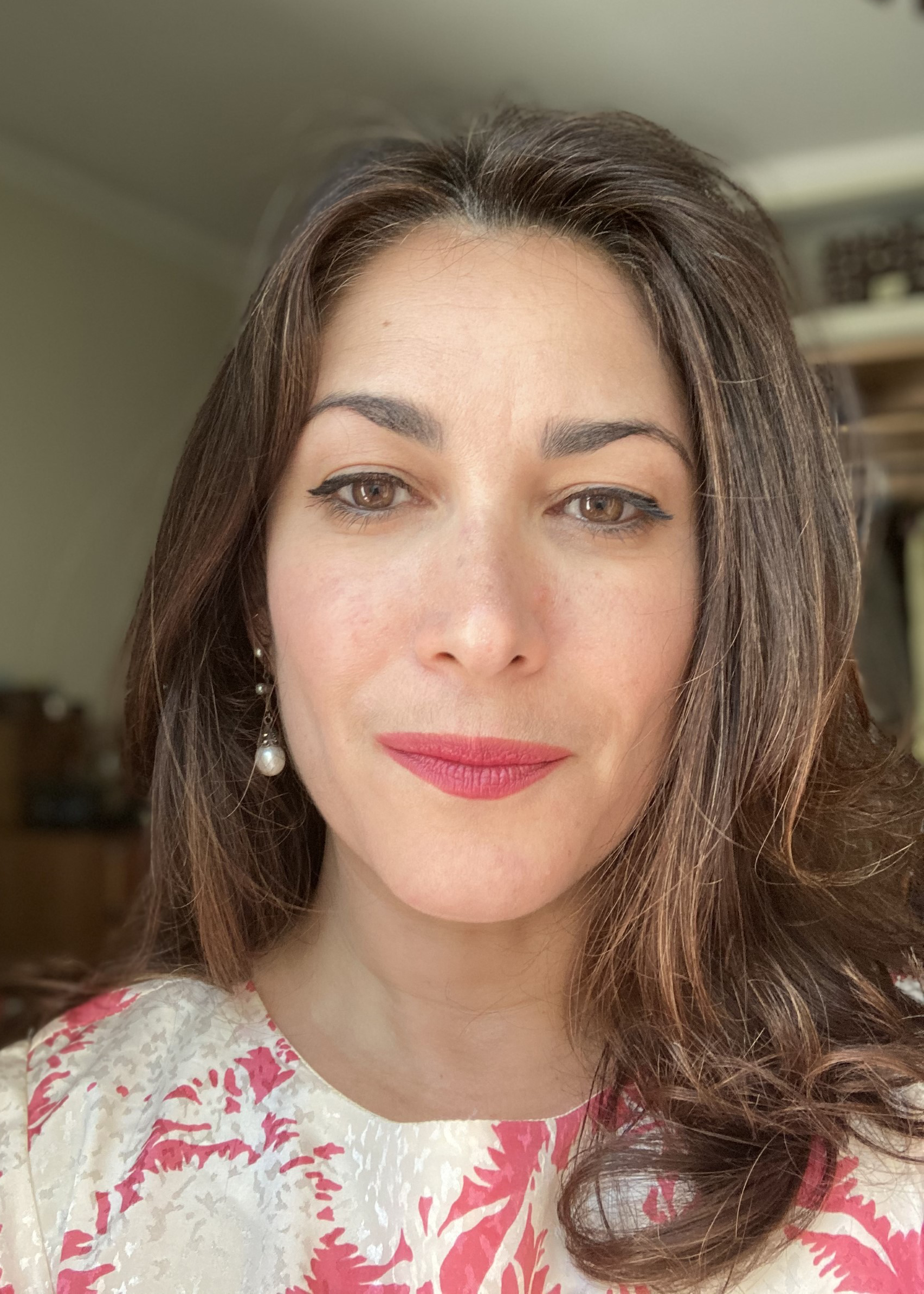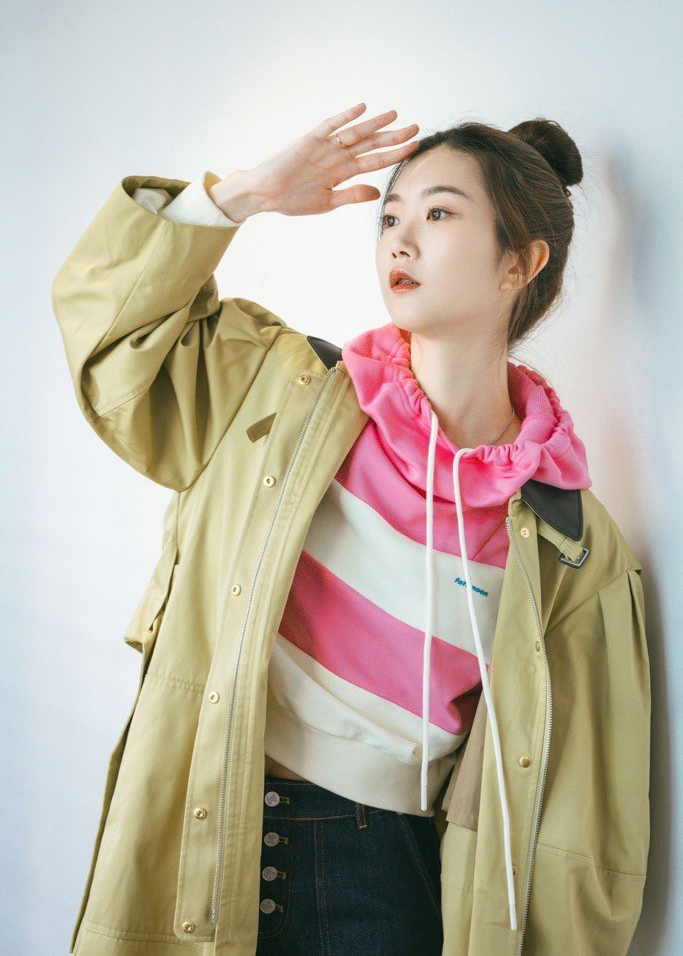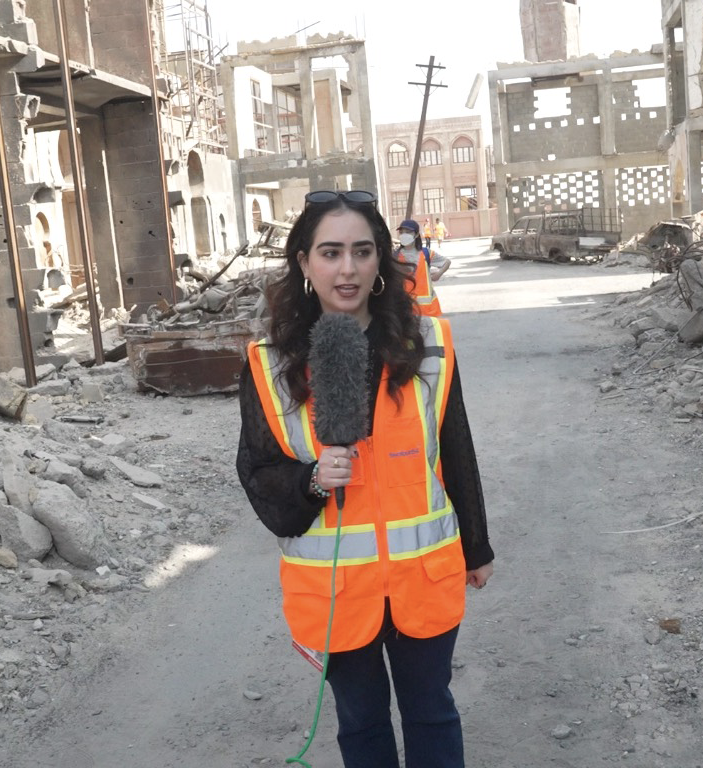Chris Freek
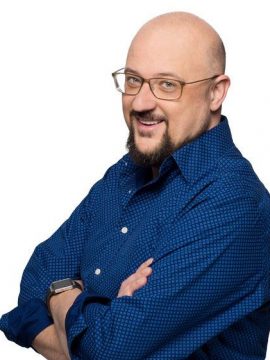
Why did you choose your program at UBC and what did you enjoy most about it?
I chose my program at UBC because I wanted to be an architect at the time. The architecture program had recently shifted to a Masters program and I chose what I thought would accomplish two things, my best chance at achieving grad-school worthy grades and would offer the opportunity to take architecture courses as an undergrad—thanks Religious Studies (now Ancient Mediterranean and Near Eastern Studies)!
What were some of your most meaningful experiences at UBC?
My most meaningful experiences came from the faculty. Ira Nadel forever changed how I write, Sneja Gunew and several instructors in Religious Studies (whose names have faded) changed my perspective on colonialism and how we tell our stories.
What choices did you make in your undergrad that contributed to your career success / journey?
When I was here, my degree was just a task I needed to complete to achieve my next goal—I rushed to complete my degree in three years (some transfer credit and some flexibility from the Faculty to take extra courses at night and in the summer), costing myself some of the flavour and benefits of time at university.
At that age and with that mindset, the classes that changed my tack the most turned out to be my electives, which showed my interests. The more I explored those interests the more I found new ideas and roads—and picked up an unexpected minor on the way.
What was your first job after graduation and what other jobs did you have before landing your current position?
My first job after graduation was as a graphic designer and marketing copywriter for The Continuing Legal Education Society of BC. I struggled with finding work after graduation, and this opportunity let me use my marketing and design training. I was privileged to work there and build the first steps of my career within the fascinating juxtaposition of lawyers and editors.
I have since worked in many industries—high tech, banking and insurance, health care, higher education—always in leadership roles in Marketing and Communications.
Is your current career path as you originally intended? What challenges did you face in launching your career?
I thought I wanted to be an architect. Co-op was a very new idea and not here yet, so I did my own time job shadowing and investigating opportunities. I soon found that there were other opportunities that were open to me that would be just as interesting.
In 1997 there was extremely high youth unemployment. I consider myself lucky to have found a job that I liked, which opened so many new doors.
What do you like about your current job and what do you find challenging? How does it relate to your degree?
My current position is as the communications lead for the VP Finance and Operations at UBC. UBC is very complex environment that has been working through a lot of change. I find my career at UBC is one of constant adjustment and challenge. I have a lot of external experience to bring, but UBC keeps teaching me new things every day.
From your experience, what has been the value of having an Arts degree?
I like this article from the New York Times. It shows that the value of an Arts Degree is in the hands of the person who wields it. Studying in the Arts is an amazing way to shape thinking and give you a nimble and plastic mind that can be used to solve an incredibly wide-array of problems. The graph in the article shows that it is your future to make.
What advice would you give to students and alumni interested in breaking into your industry?
In my experience, the world is driven by relationships. The people you meet and how you treat them will shape more of your life than your own ambitions. Spend the time to meet people where they are at, understand their motivations and interests, and they will take you further than you can take yourself.
What advice would you give your graduating self?
I was in a hurry. I felt that I had started late and I needed to get to my career as soon a possible. I had the means to slow down (a terrific privilege). I should have taken the opportunity to do my Masters that I was offered. Breathe and relax. The meaningful things come later all on their own, you don’t need to force them into being.
Chris Freek



Why did you choose your program at UBC and what did you enjoy most about it?
I chose my program at UBC because I wanted to be an architect at the time. The architecture program had recently shifted to a Masters program and I chose what I thought would accomplish two things, my best chance at achieving grad-school worthy grades and would offer the opportunity to take architecture courses as an undergrad—thanks Religious Studies (now Ancient Mediterranean and Near Eastern Studies)!
What were some of your most meaningful experiences at UBC?
My most meaningful experiences came from the faculty. Ira Nadel forever changed how I write, Sneja Gunew and several instructors in Religious Studies (whose names have faded) changed my perspective on colonialism and how we tell our stories.
What choices did you make in your undergrad that contributed to your career success / journey?
When I was here, my degree was just a task I needed to complete to achieve my next goal—I rushed to complete my degree in three years (some transfer credit and some flexibility from the Faculty to take extra courses at night and in the summer), costing myself some of the flavour and benefits of time at university.
At that age and with that mindset, the classes that changed my tack the most turned out to be my electives, which showed my interests. The more I explored those interests the more I found new ideas and roads—and picked up an unexpected minor on the way.
What was your first job after graduation and what other jobs did you have before landing your current position?
My first job after graduation was as a graphic designer and marketing copywriter for The Continuing Legal Education Society of BC. I struggled with finding work after graduation, and this opportunity let me use my marketing and design training. I was privileged to work there and build the first steps of my career within the fascinating juxtaposition of lawyers and editors.
I have since worked in many industries—high tech, banking and insurance, health care, higher education—always in leadership roles in Marketing and Communications.
Is your current career path as you originally intended? What challenges did you face in launching your career?
I thought I wanted to be an architect. Co-op was a very new idea and not here yet, so I did my own time job shadowing and investigating opportunities. I soon found that there were other opportunities that were open to me that would be just as interesting.
In 1997 there was extremely high youth unemployment. I consider myself lucky to have found a job that I liked, which opened so many new doors.
What do you like about your current job and what do you find challenging? How does it relate to your degree?
My current position is as the communications lead for the VP Finance and Operations at UBC. UBC is very complex environment that has been working through a lot of change. I find my career at UBC is one of constant adjustment and challenge. I have a lot of external experience to bring, but UBC keeps teaching me new things every day.
From your experience, what has been the value of having an Arts degree?
I like this article from the New York Times. It shows that the value of an Arts Degree is in the hands of the person who wields it. Studying in the Arts is an amazing way to shape thinking and give you a nimble and plastic mind that can be used to solve an incredibly wide-array of problems. The graph in the article shows that it is your future to make.
What advice would you give to students and alumni interested in breaking into your industry?
In my experience, the world is driven by relationships. The people you meet and how you treat them will shape more of your life than your own ambitions. Spend the time to meet people where they are at, understand their motivations and interests, and they will take you further than you can take yourself.
What advice would you give your graduating self?
I was in a hurry. I felt that I had started late and I needed to get to my career as soon a possible. I had the means to slow down (a terrific privilege). I should have taken the opportunity to do my Masters that I was offered. Breathe and relax. The meaningful things come later all on their own, you don’t need to force them into being.
